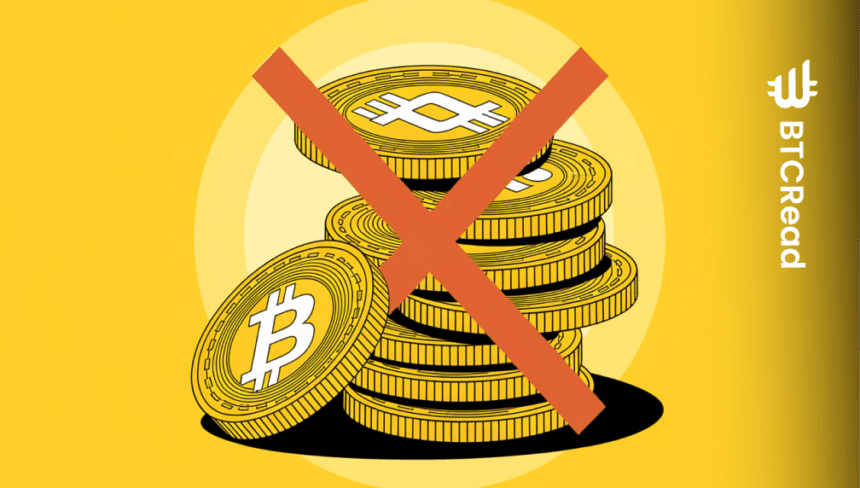South Korea’s Financial Intelligence Unit has put a partial suspension on Upbit to prevent new customer transactions. The three-month suspension prevents new users from depositing and withdrawing cryptocurrencies. The FIU made this move on Feb. 25 and cited violations of the company’s policies.
The regulator found Upbit in violation of regulations that bar the exchange of business with non-registered crypto asset service providers. This prompted the temporary enforcement move that seeks to enhance compliance within the nation’s crypto space.
The development comes amid South Korea’s efforts to enhance the tight grip it has placed on the virtual asset exchange and the application of anti-money-laundering regulations.
Upbit apologizes and assures compliance
Upbit posted a message on the company website. The exchange apologized and assured that the improvements that the authorities had mandated had been implemented. Existing users of the site may also trade normally, it added.
However, new users cannot transfer cryptocurrencies externally during the suspension period. Crypto trading within the exchange remains unaffected.
FIU follows South Korea’s push toward the implementation of stronger anti-money laundering rules. The authorities are ramping up the oversight of the exchanges so that they align with regulations. The government has been strengthening enforcement against criminal activities and safeguarding investors.
Upbit also understood the importance of such initiatives and promised further enhancement of the company controls internally. Upbit says regulators might adjust the sanctions through legal processes. The exchange will lift the restrictions if authorities revoke the limitations.
The exchange promised the users would be updated with any developments. Enforcement action reflects South Korea’s determination to regulate the cryptocurrency space. The FIU will monitor the exchanges in a bid to stem the tide of financial misconduct and boost openness. Market players will be watching how Upbit weathers this regulatory setback and whether it will be subject to further scrutiny in the future.







